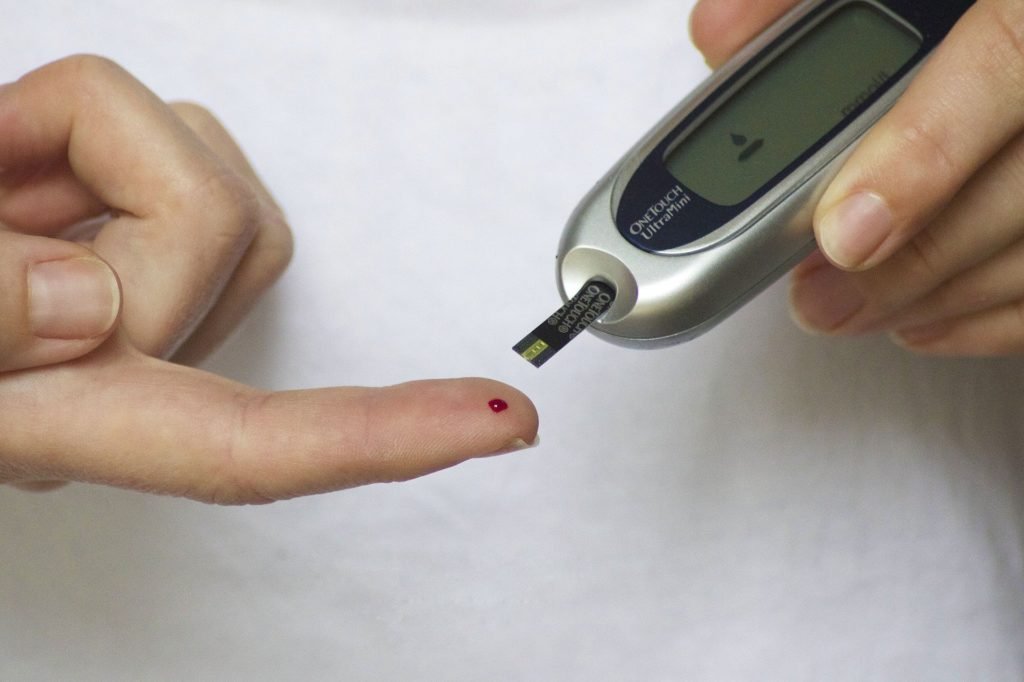A compression fracture is a type of fracture that happens when one or more bones in your spine collapse. This most often occurs when you fall from a height but can also happen from a car accident or other trauma. Symptoms can include pain in your back and neck, difficulty walking, and loss of bladder or bowel control. A specialist in treating a compression fracture in Shrewsbury will recommend treatment on the severity of the fracture but may include bed rest, pain medication, and physical therapy. Surgery is rarely necessary. Most compression fractures will heal on their own within a few months. If you are experiencing any of these symptoms, it is vital to see a doctor right away.
Causes
There are a few different things that can cause a compression fracture. The most common is a fall from a height, but car accidents or other traumatic injuries can also cause it. Age can also be a factor, as bones tend to become more brittle as we get older.
You may be at risk for compression fractures if you :
- Are elderly
- Have osteoporosis
- Fall frequently
- Engage in high impact activities
- Take medications that can weaken bones, such as corticosteroids or chemotherapy drugs.
Symptoms
The most common symptoms of a compression fracture vary depending on the severity of the problem. Usually, there is a pain in the back or neck, difficulty walking, and a loss of bladder or bowel control. Some patients also experience a tingling or burning sensation in the arms or legs.
Other common symptoms associated with compression fractures include:
- Back pain, which may be severe
- Neck pain
- Difficulty walking
- Loss of bladder or bowel control
- Tingling or burning sensation in the arms or legs
- Sudden onset of pain
- Age-related fragility fractures
Diagnosis
If you are experiencing any of the symptoms associated with a compression fracture, it is crucial to see a doctor right away. The doctor will perform a physical examination and ask about your medical history. They may also order imaging tests such as an X-ray or MRI to help diagnose the problem.
Treatment
Treatment for compression fractures depends on the severity of the fracture. Most fractures will heal on their own within a few months, but bed rest, pain medication, and physical therapy may be necessary. Surgery is rarely required.
If your compression fractures do not respond to treatment, your doctor may recommend vertebroplasty or kyphoplasty. Vertebroplasty is a procedure in which a cement-like material is injected into the fractured bone to stabilize it. Kyphoplasty is similar but also includes the injection of a balloon to restore the height of the bone. However, neither of these procedures is without risk and should only be performed by a doctor who is experienced in their use.
Prevention
There are a few things you can do to help prevent compression fractures. One can engage in activities that do not involve high impacts, such as swimming or biking. You can also take medications that can help strengthen bones, such as calcium and vitamin D supplements. Finally, be sure to see your doctor regularly for checkups and screenings.
In summary, compression fractures are a type of fracture that can occur when one or more bones in your spine collapse. They are most often caused by a fall from a height but can also be caused by other trauma. Symptoms can include pain in your back and neck, difficulty walking, and loss of bladder or bowel control. Treatment depends on the severity of the fracture but may consist of bed rest, pain medication, and physical therapy. Surgery is rarely necessary.
Most fractures will heal on their own within a few months, but if they do not, you may need to undergo vertebroplasty or kyphoplasty. Prevention measures include engaging in low-impact activities and taking calcium and vitamin D supplements.


